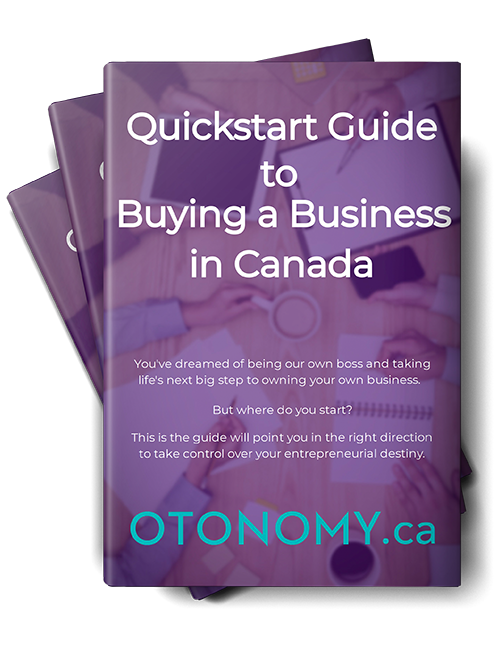Before buying a small business, it’s always essential that you do your due diligence to know what you’re getting into. Most buyers have a list of questions they go through before deciding if the small business is worth purchasing.
However, there may be some questions that you may have overlooked, and the answers to these questions can make all the difference as to whether you’re making a good investment. Read on to learn about five commonly overlooked questions you need to ask before buying a small business.
1. Is the Business Part of Any Lawsuits, Past or Present?
You need to know everything you can about any ongoing lawsuits the business may be associated with. You also need to check into any past lawsuits they’ve had. If there were lawsuits, you need to discover what the outcome was.
You’ll want to be careful before purchasing a small business that’s in the middle of a lawsuit. First, you’ll want to make sure that if the case won’t be resolved before you purchase the business that there are fail-safes in place to prevent you from being held accountable for any reparations the business may be forced to pay.
It may come down to how the business is listed. You’ll need to check if the company is being sued or if the owner is being sued. You may also be able to alter your purchase of the business, such as purchasing the assets instead of the entire business, to avoid liability. It’s best to get a lawyer to work with you if there’s an ongoing lawsuit.
You’ll also want to know if the business has been involved in lawsuits in the past. If there have been several, it could be a red flag that something is inherently wrong with the way the business functions. If you don’t see it as something you could fix, it may be best to look for a business elsewhere. You don’t want to get involved with a small business that’s prone to lawsuits.
2. Are Competitors Successful? Is the Industry on the Rise?
You want to know about a small business’s competitors before buying for several reasons. If the business has no competitors or only a few competitors that are all struggling, it could indicate that there isn’t a big market for what the business sells. Unless you feel like you have something innovative to bring to the table, you’ll likely struggle too.
On the other hand, you don’t want to buy a small business in a saturated market with competitors. You may have trouble making your business stand out and make decent profits. Instead, you want to enter a market with a healthy amount of competition, most of which have high growth prospects.
While you’ll want to ask the owner about the competition, you should also check it out for yourself. Go to the other businesses and look around. See what you can figure out about how they do business and if they seem to be successful.
3. Are Employees Well Paid Compared to What Others in the Industry Make?
Be sure to ask how much employees are paid and compare them to both the industry average and the average local wages. Well-paid employees are happier in their jobs and thus are more productive and more likely to stay with a business for a more extended period.
If the employees aren’t paid well, you can expect lower productivity levels and a high turnover rate. These translate to fewer profits for you. You should also consider employee wages when looking at the company’s profits. If you’re going to need to raise wages, your profits will go down.
4. Will You Get Ownership Rights of Any Intellectual Property Owned by the Company?
Many companies are built on their own inventions, processes, and products. Things that are exclusive to the business may play a significant role in its success. You’ll want to do your due diligence to ensure that the ownership rights of any intellectual property, proprietary processes, and exclusive products will pass over to you once you take possession of the business.
If you don’t gain ownership, then you’ll need to consider carefully how the business will function without these elements. Are there things you can do to make up for the loss of these properties, or are they vital to the business’s functioning? If it makes a significant cut into your earnings, then it may not be worth it to buy the business.
5. How Much Inventory Does the Company Keep in Stock?
You can get a good idea about a small business’s success based on how much inventory it maintains. You should get an inventory ratio for the company. This ratio gives you an idea of how many times the business bought and sold inventory over a period of time. You may want to compare this number to similar businesses in the same industry.
A low ratio may indicate that the business isn’t selling well or maybe just purchasing too much stock. A high ratio indicates that the business is doing well or isn’t buying enough stock. You’ll need to research to determine precisely what is going on and what the ratio means in terms of success.
Ideally, a business will buy an adequate amount of stock that turns over quickly. The longer an item sits on a shelf, the more it costs you. Also, it’s not as likely to sell. Inventory levels can help put the company’s sales into perspective and give you much more insight into the numbers.
Bottom Line
Buying a small business is a big decision that can have significant financial consequences. It’s best to do your research to make sure you’re making the best decision. You’ll probably have many questions to ask when buying a small business, and these often overlooked questions can help you make an even better-informed decision. With the right questions and careful consideration, you can make a wise financial investment.
Be sure to register for a free otonomy.ca account and receive the free ebook, Quickstart Guide for Buying a Business In Canada.




